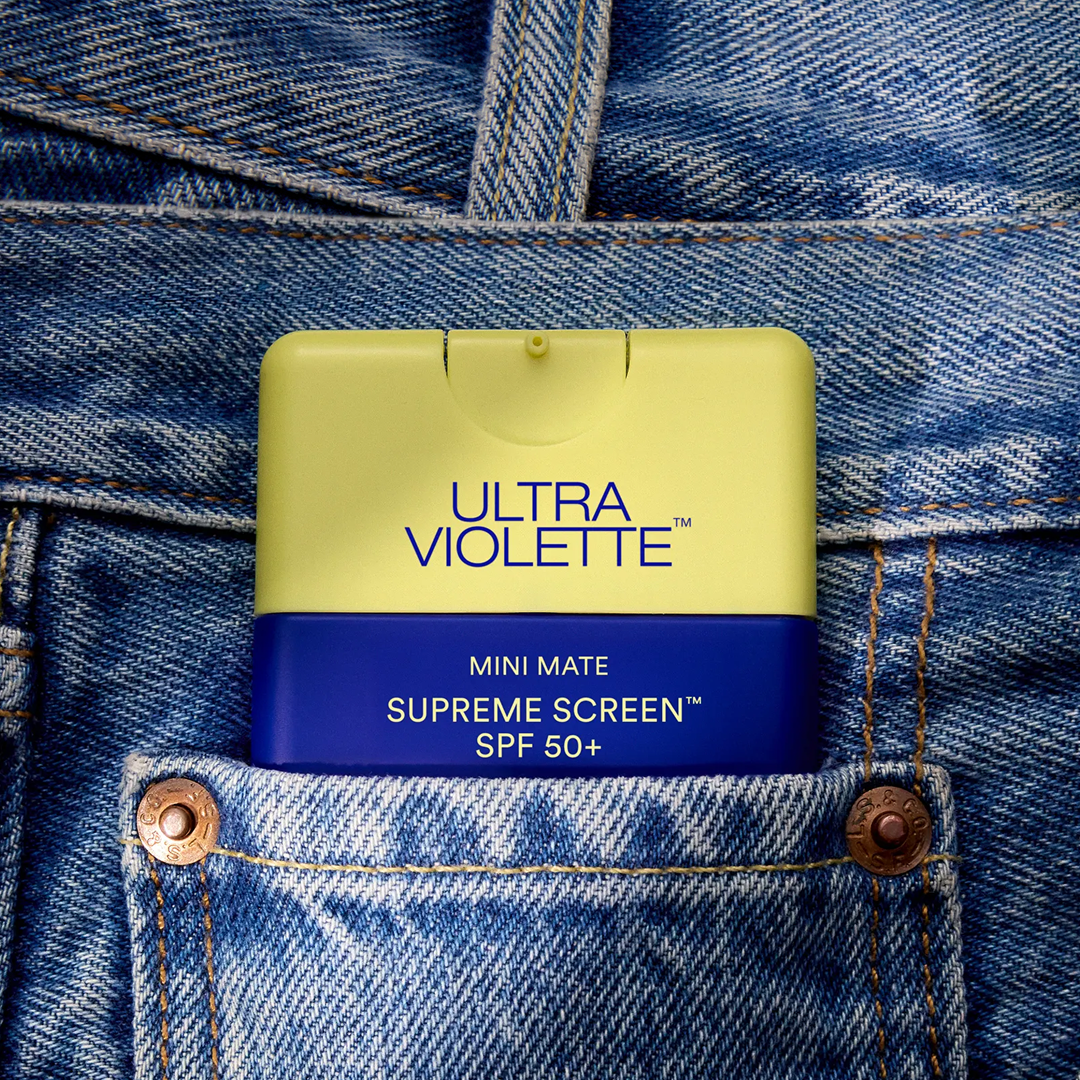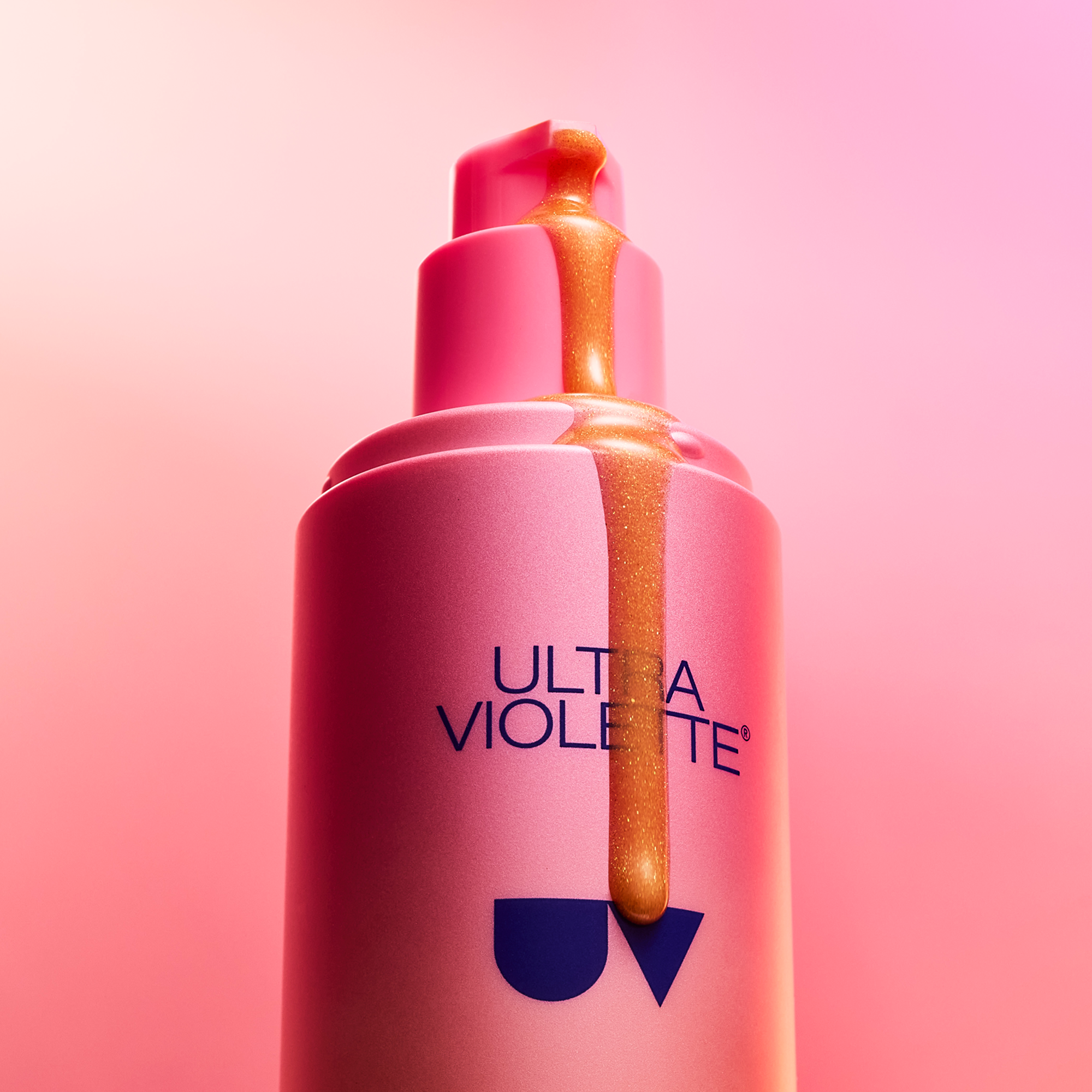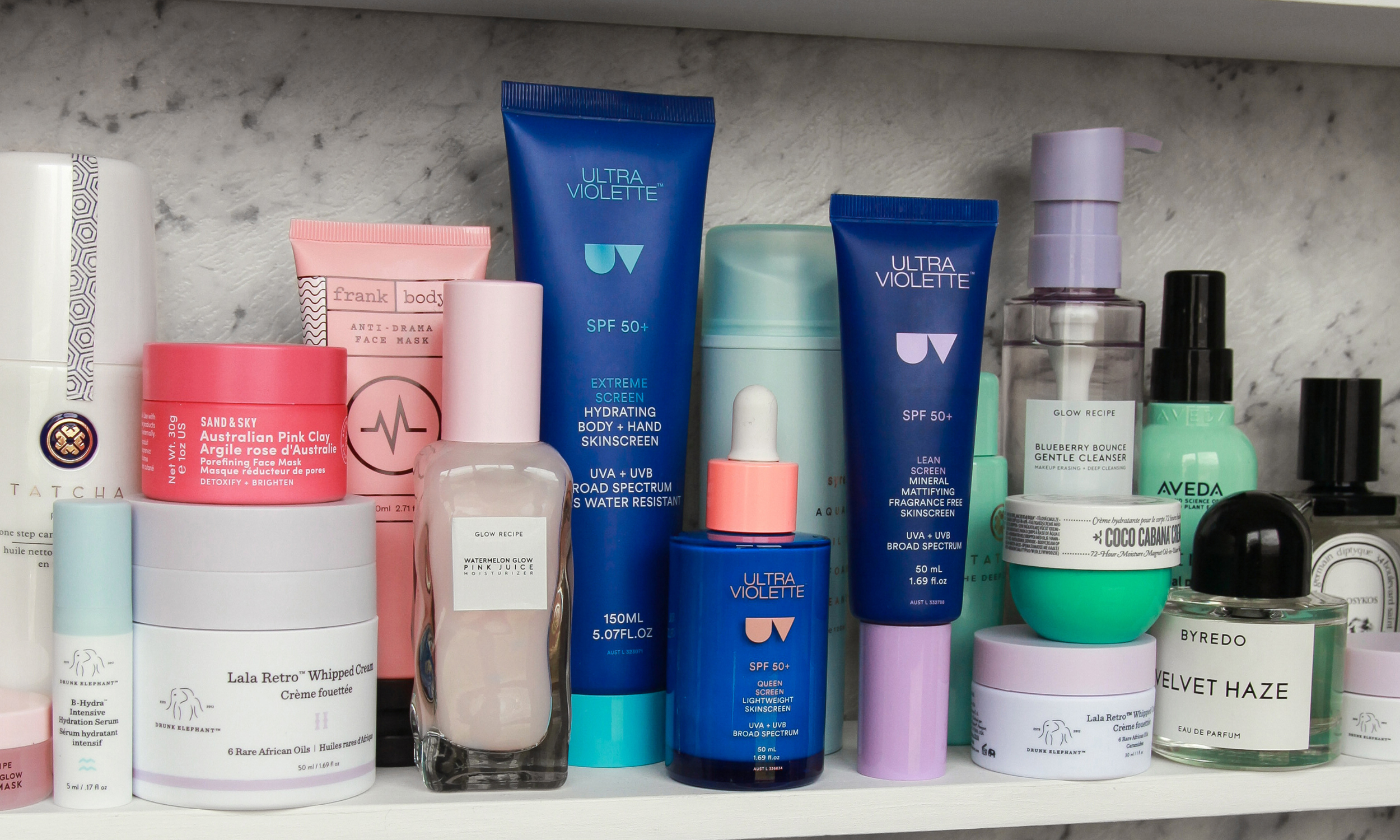When it comes to knowing exactly what skincare ingredients we should be applying to our skins, let’s face it…it’s bloody confusing!
Social media, influencers, pseudo-science and new skincare launches all seem to keep the list of ‘holy grail’ ingredients getting longer and longer.
As dermal therapists, what helps us see through the noise is a little thing called science. Science tells us what is true and possible through years and years of studies and experiments.
It is for this reason that for us that long list of ‘holy grail’ ingredients really isn’t that long and it’s why you hear ingredients, such as Vitamin A, over and over.
Vitamin A comes in many forms, including retinol, retinaldehyde, retinol palmitate, all of which are available through your favourite dermal therapist, whereas other well-known examples such as isotretinoin, tretinoin and adapalene are best kept to your dermatologists for their approval.
The reason that Vitamin A is so highly regarded is due to its ability to really put its money where its mouth is. It has a long list of benefits including oil reduction, increasing cell turnover, depigmentation, collagen production, antioxidant protection, DNA repair and speeds up our skins ability to heal.
Vitamin A is most often prescribed for its effects on acne and skin ageing, however, as dermal therapists we love to introduce vitamin A into all skincare routines as its ability to improve skin function and appearance is like no other.
With Vitamin A coming in so many shapes and sizes, it can be hard to know where to start. Putting your skin in the hands of a dermal therapist you can trust is always to best way to ensure that you get the Vitamin A that’s right for you.
As with all skincare, it can be a little trial and error as alongside Vitamin A’s many positive attributes also comes Vitamin A’s potential for irritation.
When it comes to introducing a Vitamin A product to your skin, we suggest that you always ensure that your skin is not sensitised or irritated before starting. If you feel your skin may be this way, opt for some Vitamin B and nourishing ingredients to restore the skin’s natural barrier.
Introduce your Vitamin A product slowly e.g. every 3rd night for 2-weeks. If no signs or irritation, apply every 2nd night for 2-weeks. If no signs of irritation, apply nightly moving forward.
It’s important to take notice of any signs or irritation as getting the right dose and frequency for your skin will be the difference between your skin loving or hating Vitamin A.
As Vitamin A is often used in the pursuit of a youthful complexion, it is essential that is used in conjunction with the application and reapplication of your favourite SPF. Nothing prematurely ages the skin faster than the sun and not even the strongest Vitamin A available can negate the effects that a day in the sun without SPF can achieve.
Ultra Violette Skinscreens are now available from James Vivian Skin Care Clinic in Toorak.




